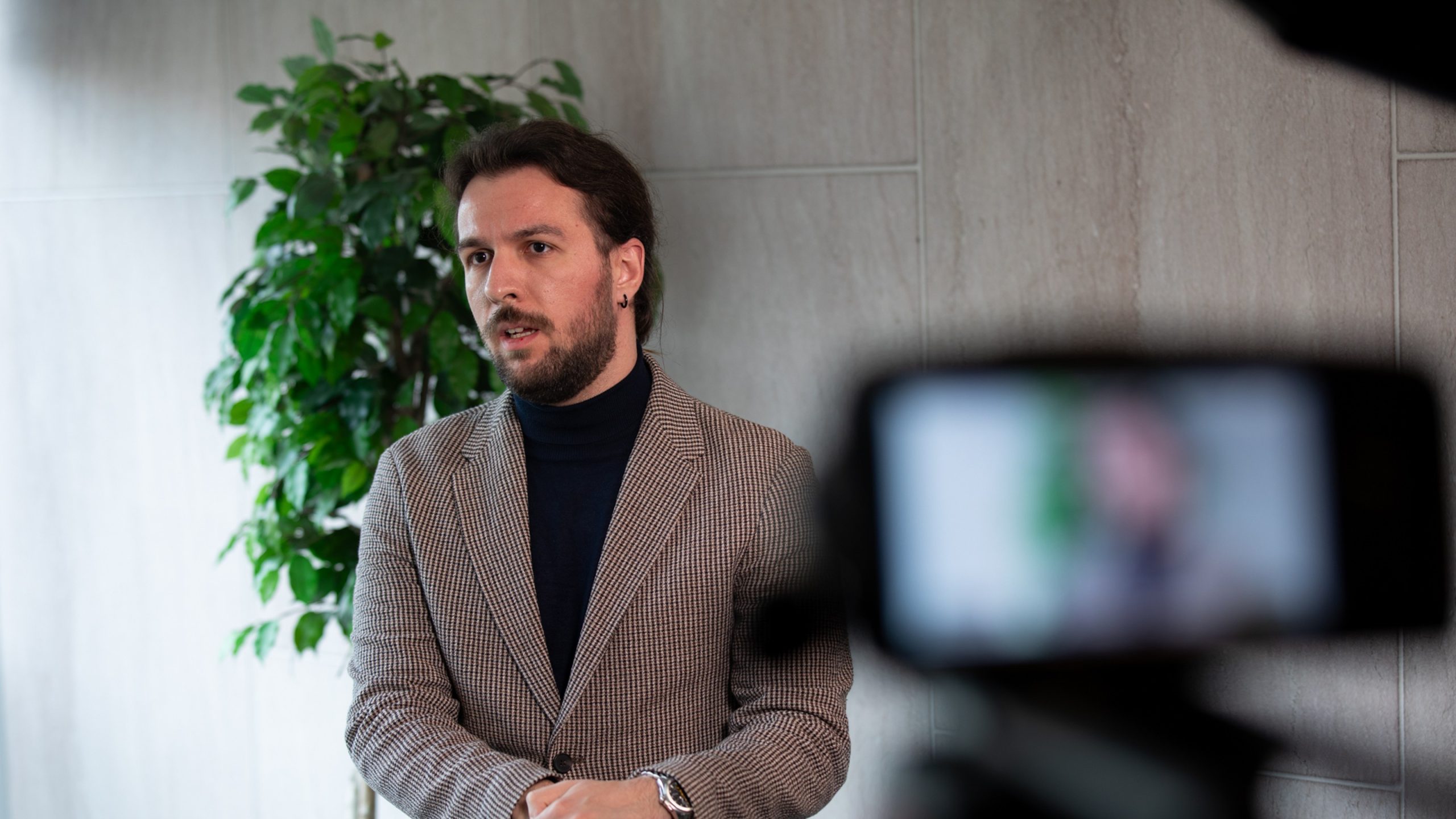Across Europe, the erosion of trust in intellectual authority has evolved into a defining feature of political life. What once manifested as skepticism toward academia or bureaucracy has now taken the shape of open hostility toward knowledge itself — a populist valorization of instinct, emotion over evidence. Anti-intellectualism has become a symbolic language of authenticity, a way for leaders to frame themselves as “of the people” and for citizens to resist what they perceive as distant, moralizing elites. From Rome to Warsaw to Athens, attacks on independent institutions, universities, and figures of rational accountability reveal a shared anxiety toward intellect as power. The rhetoric varies, sometimes defiant, sometimes cynical, but the impulse is to turn ignorance into “virtue” and criticism into “betrayal” of the nation and its identity.
In October 2018, Matteo Salvini openly questioned expertise during a live broadcast on Facebook, saying: “Io sono ignorante, ma voi dove eravate?” (“I am ignorant, but where were you?”) in response to the “professoroni,” a derogatory term he used for economists and lawyers who had criticized his government’s budget plans. Salvini named Tito Boeri and Ugo De Siervo, dismissing their economic arguments as the grumbling of detached elites who had let Italy down. He went on to say, “I am a humble, ignorant minister,” arguing that common sense is more important than academic knowledge. He was directly following Italy’s long populist tradition of presenting scholars and institutions as obstacles to “true Italians,” breaking down the divide between demagoguery and authenticity.
In Poland, since 2015, the ruling Law and Justice (PiS) party has been repeatedly accused of interfering with university autonomy and targeting critical intellectuals. The case of constitutionalist Wojciech Sadowski is a prime example: after publicly speaking out in favor of the rule of law, he faced lawsuits and legal proceedings organized by government circles and pro-government media. This case does not only concern an academic, but reflects a systematic effort to restrict freedom of expression and delegitimize critical thinking in universities as an indirect expression of anti-intellectualism.
The case of Christos Rammos in Greece once again accurately encapsulates the conflict between the institutional logic of transparency and a political culture that often treats knowledge and control as a threat. The former president of the Hellenic Data Protection Authority, who found himself at the center of the wiretapping scandal, spoke openly of “character assassination,” denouncing a hostile environment toward independent authorities and documented accountability. A few months earlier, the New Left party had nominated him for the position of President of the Republic, a move that highlighted his institutional credibility; but he declined, denouncing “petty political calculations” and “partisan strategies.” This episode showed exactly how an attack on the independent, rational voice of a public official can serve as a mirror of contemporary anti-intellectualism, an intolerance of knowledge and criticism.
